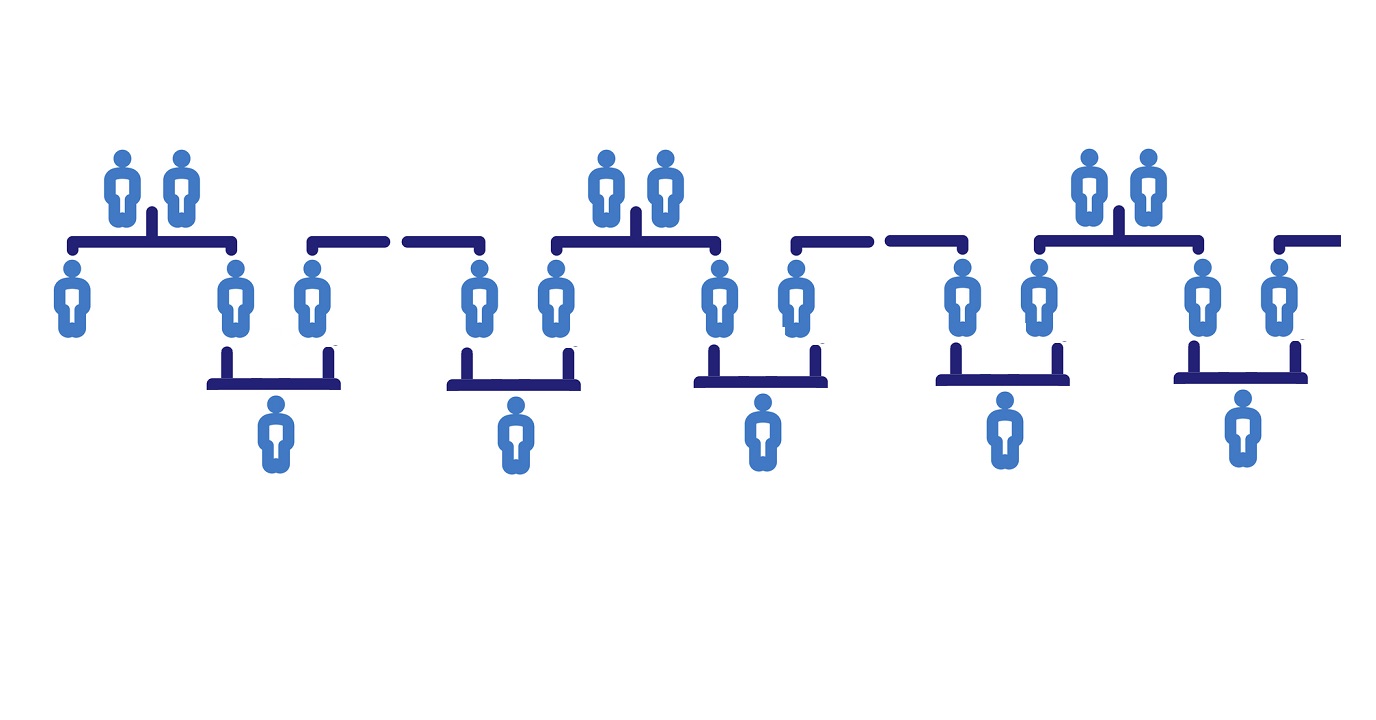Sports medicine and rehabilitation help athletes prepare for the spring season by improving...
Read More
Genealogy research has long fascinated many, driven by a desire to discover one's roots, understand ancestors' journeys, and piece together the tapestry of family history. Beyond the emotional and cultural connections it provides, genealogy research can help you better understand your family's health history.
The connections between genealogy and family health history stem from the genetic inheritance we receive from our ancestors. Our genes carry the legacy of those who came before us, including strengths and vulnerabilities. By delving into family health history, you can uncover patterns of health conditions that may have prevailed in your family tree.
In the quest to understand family health history, genealogy research can reveal high-risk factors passed down through generations. These high-risk factors are often associated with specific genetic markers that increase the likelihood of developing certain medical conditions. Common examples include hereditary conditions like familial breast cancer or Huntington's disease.
“Genetic mutations can significantly elevate the risk of certain diseases,” said Nandini Kulkarni, M.D., FACS, Director of Surgical Oncology for Inspira Health. “For instance, a person with a family history of hereditary breast cancer may carry a mutated BRCA1 or BRCA2 gene. This information is crucial for proactive health management.”
Genetics programs are pivotal in deciphering the intricate connection between genealogy and family health history. These programs leverage the power of modern genetic testing to uncover potential genetic predispositions to various health conditions.
To get referred to a genetics program, ask your primary care physician (PCP) about your family's health history or any concerns you have. Your PCP can help decide if a referral to a genetics specialist is necessary based on your specific situation.
The insights gained through genealogy research and genetics programs can help you develop personalized health strategies. With knowledge about family health history and genetic predispositions, you can work with your doctor to create a tailored wellness plan. These plans may include recommendations for regular screenings, lifestyle adjustments, and proactive measures to mitigate the risks associated with high-risk genetic markers.
“One size does not fit all in health care,” said Dr. Kulkarni. “By understanding your family health history and genetic profile, you can take a proactive approach to your well-being. This could involve early cancer screenings, dietary modifications, or lifestyle changes tailored to your unique risk factors.”
Exploring your family health history can strengthen your connection to your roots, foster a sense of identity and, in some cases, alleviate anxieties about uncertainty about inherited health risks. This knowledge is the foundation for personalized health strategies and empowers you to take charge of your well-being. As we delve into the past, we find the keys to a healthier future.
Inspira offers genetic counseling and testing to educate patients and families about hereditary cancer risk and treatment options. Learn more.

Sports medicine and rehabilitation help athletes prepare for the spring season by improving...
Read More
Specialty doctors provide expert care for specific health concerns, ranging from ear, nose and...
Read More
Preventive health practices like regular exercise, balanced nutrition, routine screenings and stress...
Read More
The material set forth in this site in no way seeks to diagnose or treat illness or to serve as a substitute for professional medical care. Please speak with your health care provider if you have a health concern or if you are considering adopting any exercise program or dietary guidelines. For permission to reprint any portion of this website or to be removed from a notification list, please contact us at (856) 537-6772